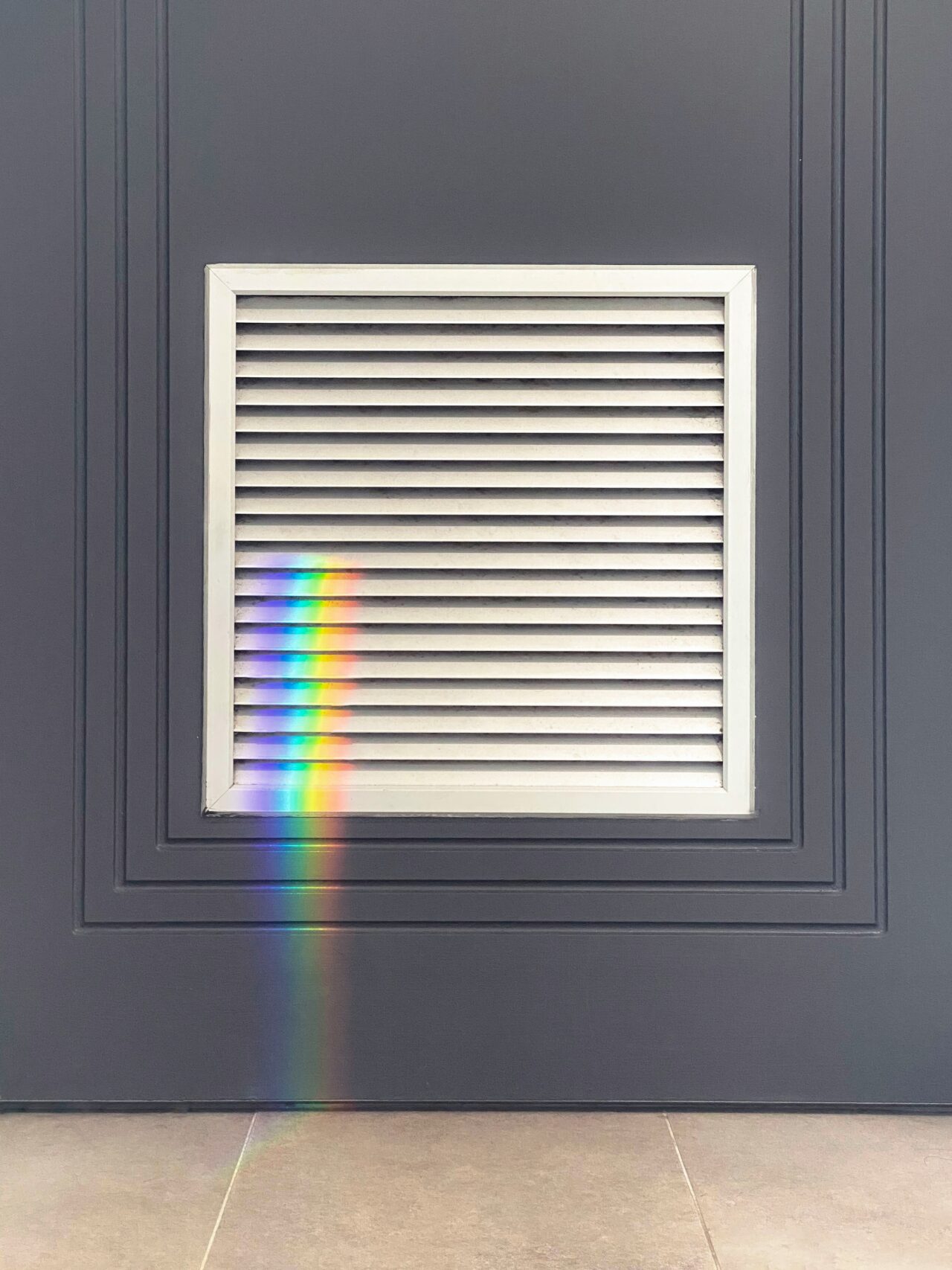Ever walked into a room to find a puddle forming mysteriously around your AC unit? You’re not alone. Many homeowners face the unexpected sight of water leaking from their AC systems, ranging from minor drips to more concerning pools.
Addressing these leaks promptly is crucial to preventing costly water damage to your home and maintaining the efficiency of your cooling system.
At City Air Experts, we understand how unsettling unresolved leaks can be. Whether it’s a central AC leaking water or a more isolated case inside the unit, identifying why there’s water around your AC unit is the first step toward finding a solution.
Decoding the Causes of Water Leakage
Air conditioning units can leak water for several reasons, each signaling a different problem that might require a different solution. Identifying why your AC is leaking water involves understanding the role of various components and knowing how to troubleshoot them effectively.
Clogged Drain Lines
The drain line in your air conditioner helps remove condensation produced during the cooling process. However, these lines can become blocked with dirt, debris, or algae growth, leading to water back-ups. When your AC’s drain line clogs, water often leaks from your unit, potentially damaging your home or the AC system itself.
To address this, first, turn off your air conditioner to avoid any additional water damage or electrical hazards. Check the drain line for visible blockages and use a wet/dry vacuum to clear the debris from the outside drain line port.
For more stubborn clogs, a plumber’s snake or a specialized AC line cleaning solution can help clear the pathways. Flushing the line with a mixture of water and vinegar also helps clear out build-up and prevent algae and mold growth.
Cracked Drain Pans
Your AC’s drain pan collects condensation that your system pulls from the air. Over time, this pan can crack or corrode, resulting in water leaking from your air conditioner. Inspect your drain pan regularly to catch any damage early, especially if your unit is older.
To spot cracks or holes in the drain pan, first ensure your AC is turned off. Then, remove the cover to access the pan, typically found directly under the evaporator coils. Shine a flashlight to check for damage. Small cracks can sometimes be repaired using epoxy, but if the pan shows significant damage, replacing it is your best option to prevent future leaks.
Bad Condensate Pumps
A condensate pump is crucial for effectively expelling water in some AC systems, especially in setups where the indoor unit is located in the basement or below the level of your home’s drainage. If this pump fails, water cannot be pumped out, leading to accumulation and eventual leaks.
To check if your condensate pump is working, pour water into the pump pan. The pump may need repair or replacement if it does not activate and remove the water. Listen for unusual noises from the pump, which can also indicate a malfunction. Regular AC maintenance checks can extend the life of your pump and prevent leakage issues.
Frozen Coils
Another common reason for water around your AC unit involves freezing the evaporator coils. Under normal conditions, these coils collect heat from the air in your home, allowing for cooling. When airflow is restricted or there’s low refrigerant, these coils can freeze. Once the air conditioner is off and the ice melts, it can lead to excess water that overflows the drain pan.
Prevent coil freezing by regularly replacing or cleaning your air filters, which ensures adequate airflow. Keep an eye on the refrigerant levels, too, since low levels can also lead to freezing. Have a professional check your system if you suspect refrigerant issues or if freezing persists.
Improper Installation
Improper AC installation can lead to several problems, including water leaks. If the unit isn’t level, or if there’s too much pressure in certain parts of the system, it can cause improper water flow through the condensation lines or uneven water accumulation in the drain pan.
Check if your unit is level with a spirit level, especially if you’ve recently had your AC installed or moved. Sometimes, a simple adjustment is all that’s needed to correct the alignment and stop the leaking.
If you’re unsure, it’s wise to contact a professional who can reevaluate the installation and make the necessary adjustments to ensure everything is properly aligned and functioning correctly.
Preventative Maintenance for a Leak-Free AC
Keeping your air conditioner leak-free doesn’t just happen; it requires a proactive approach to maintenance. Regularly scheduling air conditioning services can significantly reduce the chances of unpleasant surprises like water leaking from your AC. Adhere to these routines to help keep your system running smoothly.
- Change or clean your air filters every one to three months. A clean filter ensures proper airflow, preventing the evaporator coils from freezing and then defrosting, which leads to excess water overflow.
- Keep the surrounding area of your outdoor unit clear of debris to maintain sufficient airflow and heat exchange.
- Professional air conditioning repairs and check-ups are crucial, especially before the peak season.
- A certified technician can handle complex issues like refrigerant leaks or electrical problems that DIY fixes can’t safely resolve.
They can also perform a detailed inspection of components like the condensate pump and drain lines, ensuring they are free of clogs and functioning correctly.
Stay Dry and Efficient with Proactive AC Maintenance
Maintaining a leak-free air conditioner is essential for protecting your home and ensuring your system runs efficiently. Carry out regular checks and cleanings to prevent minor issues from becoming major inconveniences. Trusting professionals with your air conditioning repairs and maintenance guarantees that your unit receives the care it needs.
Ready to take control of your home’s comfort? Reach out to City Air Experts for top-notch air conditioning services. We specialize in diagnosing and resolving issues like water leaking from your AC, ensuring your environment remains comfortable all year round. Contact us today to schedule a consultation and keep your AC performing at its best.


